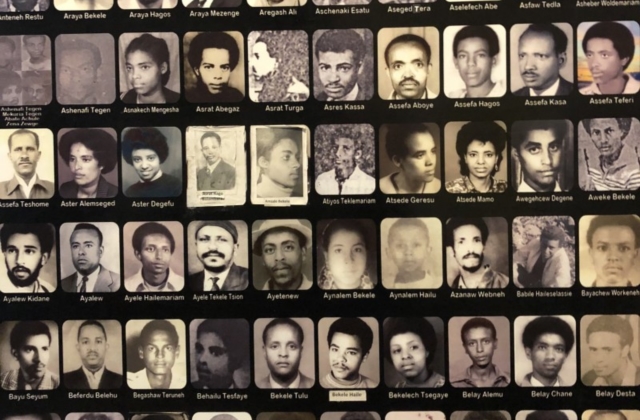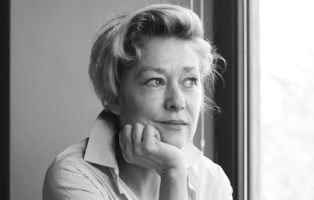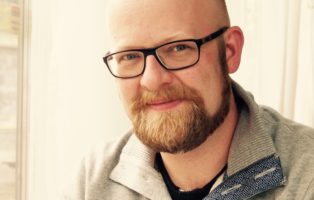They will develop a research agenda in the field of the multiple connections between the topic of ‘war and society’ in the recent past – and in the world of today. Why is it so important to investigate the past in light of the present? And how can we connect histories of mass violence with present-day societies? And why is it urgent to do so now, in these times? This topic is explored in the most recent episode of the podcast NIOD Rewind “What are the next Big Topics in War and Genocide Research?”, made by NIOD-researcher Anne van Mourik.
About the Project
The social memory of the Second World War still is very present in Dutch and European societies. The dominant national narratives of suffering and struggling for the ‘good causes’ of peace, freedom and democracy, and against political oppression, persecution, and genocide have ever since functioned as driving forces for the study of the impact of war on society. Present-day Dutch debates on the conduct of the Indonesian War of Independence, as well as on the impact of the present-day global conflicts and their backlash (postcolonial migration, refugee politics, inclusive and exclusive narratives of identity) are displaying different points of departure. Thus, such discussions illuminate, that the study of war and society requires new scholarly approaches connected to existing expertise. Therefore it is imperative to move beyond the established Dutch and European perspectives and put the dynamic interactions between the global north and south, east and west in the center of our consideration.
The theme group contributes to developing new theoretical frameworks and connected research practices in this field. Such a strategy should be multi-disciplinary, connecting the study of history and related disciplines to social and political science approaches. The study of both World Wars and the violent decolonisation have been dominated by nation-state approaches. In the world of today, this perspective is not tenable anymore. Therefore the key issues of Legitimacy, Governance, and Citizenship as connected to war and mass violence will be studied in a global context, within a longer temporal framework.
Symposium Holocaust and Genocide Studies: Looking Backward, Moving Forward
On 9th of April, theme group members will also participate in the expert symposium “Holocaust and Genocide Studies: Looking Backward, Moving Forward.” To mark the 20th anniversary of the establishment of the domain of Holocaust and Genocide Studies at the NIOD and the University of Amsterdam this symposium takes stock of the accomplishments of the past, and draws up a vision for the future.
One of the important aims of this symposium is to bring together the very sizeable and sophisticated body of knowledge in the study of war, genocide and Holocaust, and their respective intellectual communities, which up to now tend to remain bounded and distant from each other. The event will be broadcasted at De Balie in Amsterdam and can be followed online. Key notes by Carol Gluck, Amos Goldberg, Stathis Kalyvas, Siniša Malešević and Dirk Moses, and contributions by Nanci Adler, Jolle Demmers, Eva Kovacs, Omar McDoom, Kristin Platt, Ismee Tames and Uğur Ümit Üngör. More information and registration.




